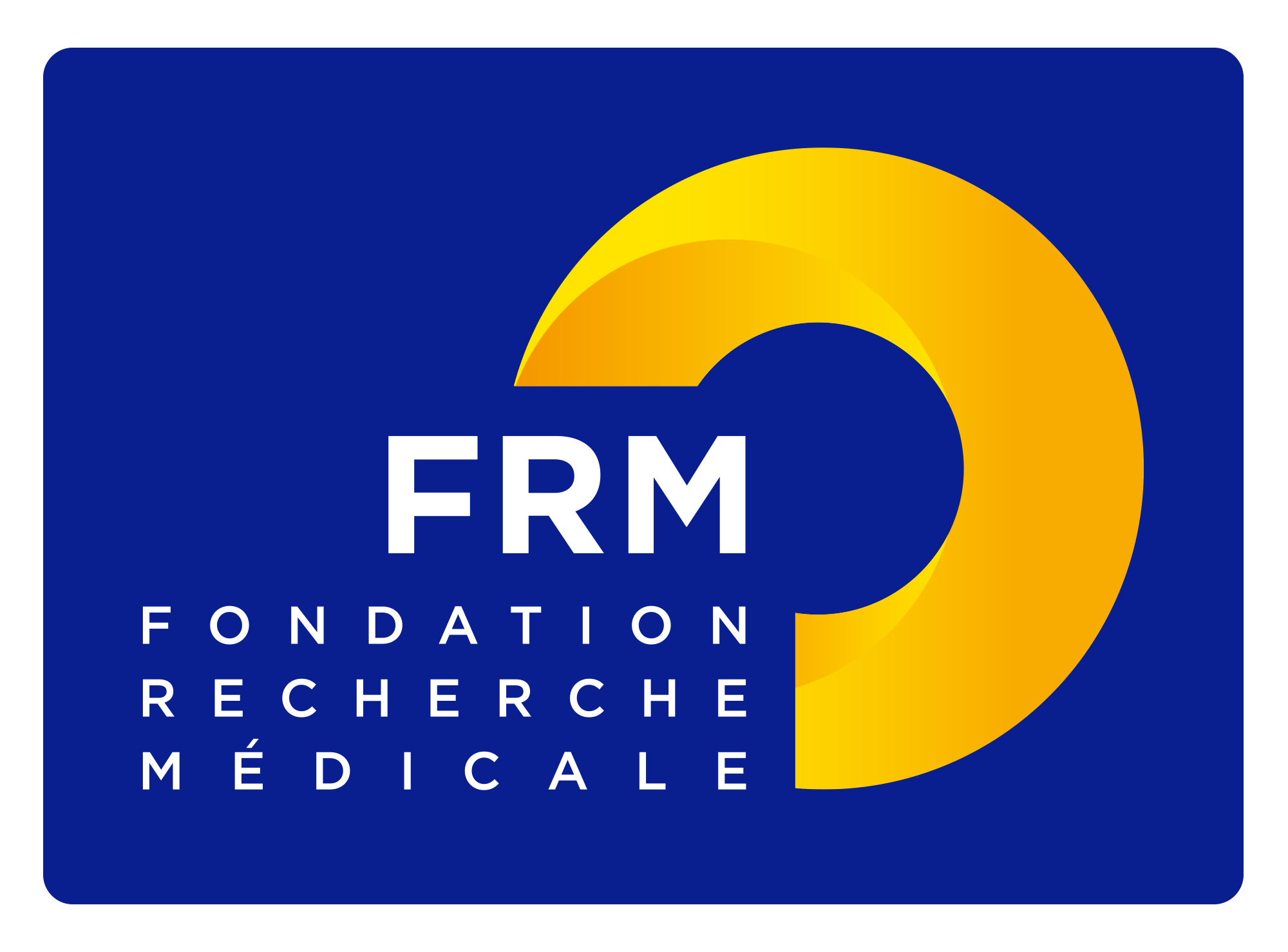INSTINCTIVE project
Led by Prof. Bertrand CARIOU, the INSTINCTIVE research program aims to identify new regulators of plasma LDL-C levels in order to develop new efficient hypolipidemic drugs.
In practice, the INSTINCTIVE project will be organized around 3 work-packages:
WP1: identify new partners for PCSK9, a key player in LDL-cholesterol metabolism, using BioID innovative approach.
WP2: identify new genes for LDL-C metabolism, using a whole genome sequencing approach in large families with genetically low LDL-C levels (hypobetalipoproteinemia) without known mutations (HYPOCHOL study)
WP3: carry out the functional characterization of the new genes identified in WP2 using the IPS cell model differentiated into hepatocytes (HLCs)
The strength of the INSTINCTIVE translational project is based on a combination of proven collaborations within the RHU CHOPIN Research Programme and technological innovations.
Funding
The "2019 FRM Teams" call for projects of the Fondation pour la Recherche Médicale provides strong and sustained support to teams proposing an innovative research programme in biology with potential applications in health.





